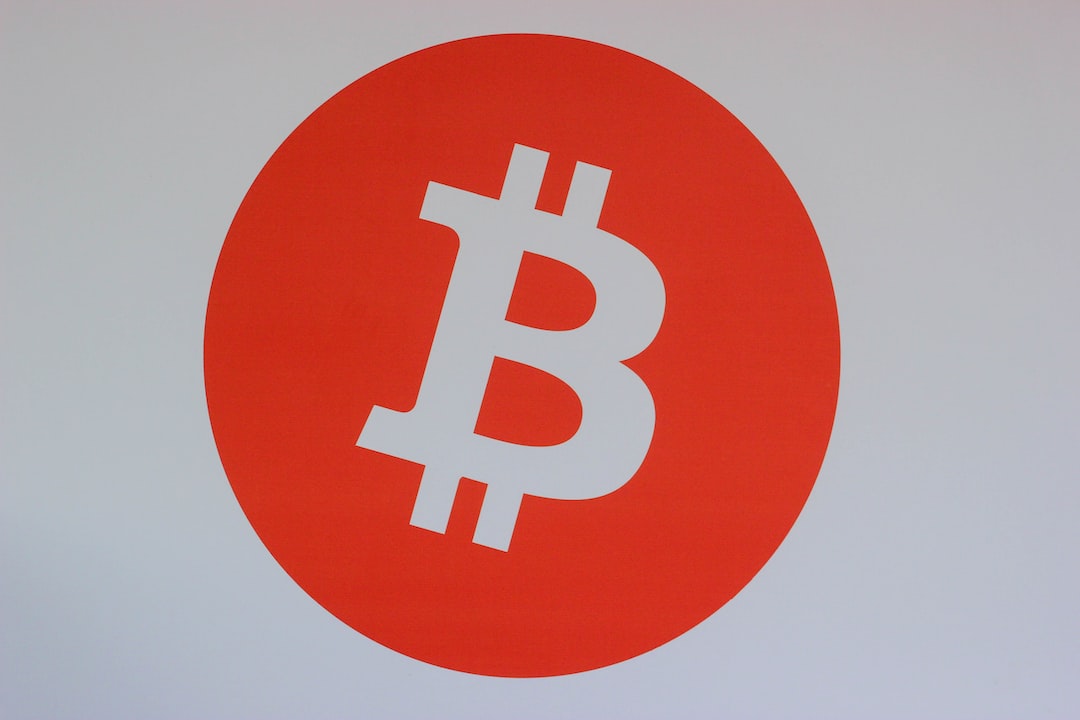Decentralized Data Storage: Enhancing Security, Privacy, and Reliability
Decentralized data storage systems offer a compelling alternative to traditional centralized methods. By distributing data across multiple nodes in a network, these systems provide enhanced security and privacy features. Unlike centralized storage, where data is vulnerable to breaches, decentralized storage reduces the risk by eliminating single points of failure.
One significant advantage of decentralized storage is its increased reliability and fault tolerance. Even if one node fails, data can still be retrieved from others, ensuring minimal data loss. Additionally, decentralized systems can offer faster data retrieval by fetching information from nearby nodes, potentially reducing bandwidth usage and costs.
Challenges and Considerations
While decentralized storage has its benefits, there are drawbacks to consider. Accessing certain files may take longer due to the distributed nature of the data. Furthermore, the security of the network itself can be compromised by malicious nodes.
The performance of decentralized storage relies heavily on the network infrastructure, making it susceptible to outages. Moreover, the lack of standardization among different protocols poses challenges for interoperability.
Popular Decentralized Data Storage Providers
The InterPlanetary File System (IPFS) and Arweave are two prominent examples of decentralized storage platforms. IPFS enables users to store and share files in a distributed manner for increased security and scalability. Arweave offers permanent data storage using its unique “blockweave” structure and compensates miners with its native cryptocurrency.
As businesses recognize the advantages of decentralized storage, more providers are emerging with their own unique features. This growing adoption is set to revolutionize how we store and manage data.
Hot Take: The Future of Data Storage Lies in Decentralization
Decentralized data storage is transforming the way we handle and protect our information. By leveraging blockchain technology and distributed networks, these systems offer improved security, privacy, and reliability compared to centralized storage. While challenges exist, such as access times and network vulnerabilities, advancements in infrastructure and standardization will address these concerns.
The rise of decentralized storage providers like IPFS and Arweave signals a shift towards a more secure and user-centric approach to data management. As this trend continues to gain traction, expect decentralized storage to become the norm, empowering individuals and businesses with greater control over their data.





 By
By
 By
By
 By
By
 By
By
